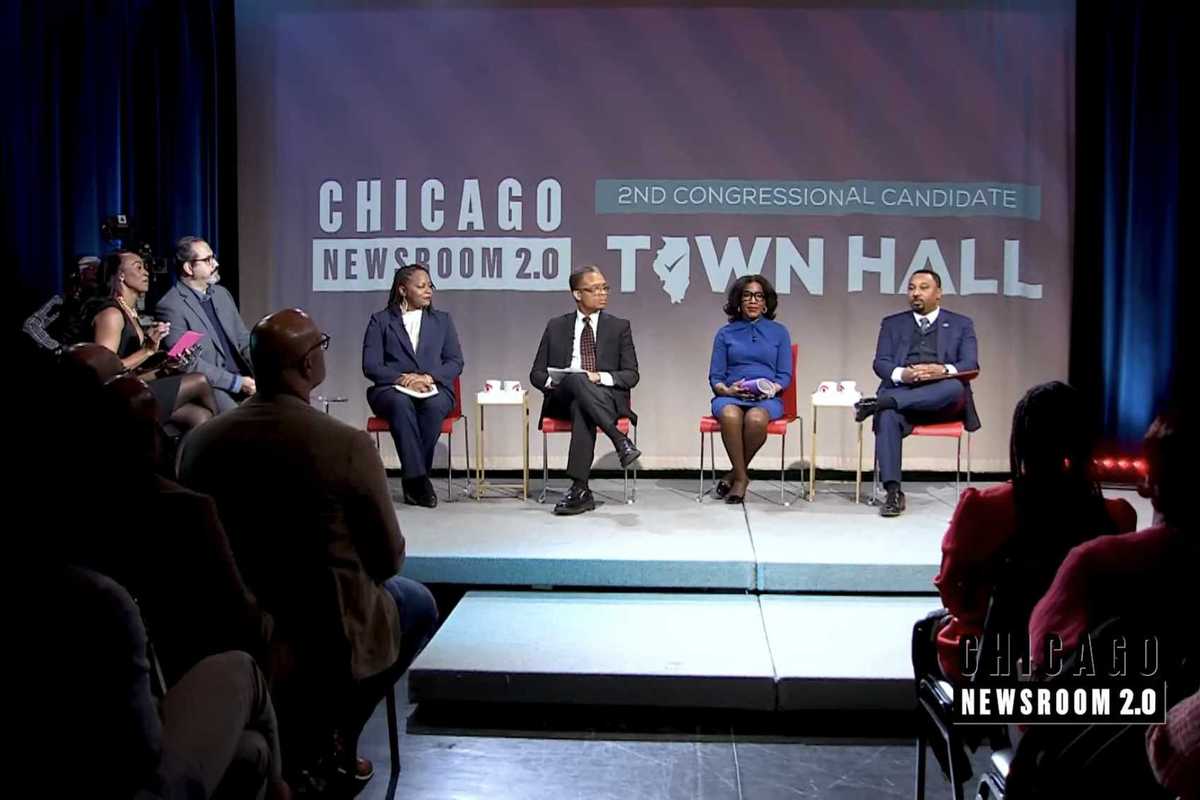Tuesday was a big day for fans of alternative voting systems.
Two-thirds of voters in Burlington cast ballots in favor of restoring ranked-choice voting in Vermont's largest city. If Vermont's Democratic-majority General Assembly and GOP Gov. Phil Scott also sign off on the ballot initiative, ranked-choice voting will be used for city council elections starting next March.
And a rival method, approval voting, made its debut in St. Louis after winning its own approval last year.
With this latest win in Burlington, momentum for ranked-choice voting continues to build across the country. More than 20 cities or counties use RCV, and Alaska just joined Maine as the first states to implement the system. More than two dozen states have active campaigns advocating for RCV, but its biggest debut will be in the New York mayoral primary in June.
Burlington was an early adopter of ranked-choice voting in 2005, when voters chose to implement it for city council and mayoral elections. However, five years and two mayoral elections later, voters decided to revert back to traditional plurality voting after a controversial mayor was elected through RCV.
After a decade without ranked elections, the city council attempted to put an initiative to use RCV for all citywide elections on the ballot last November, but the effort was vetoed by Democratic Mayor Miro Weinberger. Council members then amended the initiative so RCV would only be used for council elections. The mayor approved this narrower use and the initiative was placed on the March 2 ballot.
The pro-RCV campaign Better Ballot Burlington was led by City Councilor Zoraya Hightower, a member of the Progressive Party, and former Vermont Gov. Howard Dean, a Democrat.
Under this alternative voting system, voters rank candidates in order of preference. In the case that no candidate receives majority support, the election goes into an instant runoff in which the candidate with the least votes is eliminated and that person's support is redistributed to voters' second choices. This continues until one candidate crosses the 50 percent threshold.
Proponents say ranked-choice voting deters negative campaigning and supports more consensus-driven politics, while also boosting the election prospects of women and people of color. Opponents argue the system is confusing and doesn't necessarily lead to better representation.
While ranked-choice voting is probably the most widely known and used alternative voting method, it's not the only option. St. Louis used approval voting for the first time in its mayoral election Tuesday, becoming the second city to employ the system (after Fargo, N.D.).
This voting system allowed the city's voters to "approve" of as many of the four mayoral candidates as they liked. The two candidates who received the most votes, Tishaura Jones and Cara Spencer, will now advance to the April general election — guaranteeing the city will have its second female mayor.




















